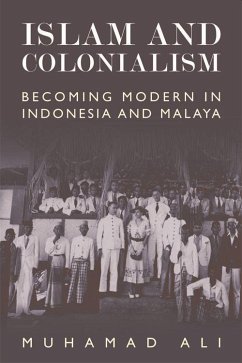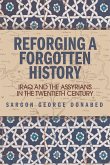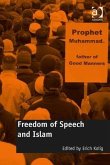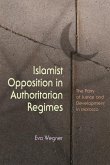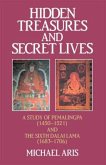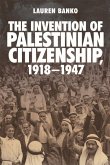'Through its critical approach to the interplay of Islamic religious reform and dynamics of both British and Dutch colonialism, this work of comparative history opens up illuminating perspective on the rather different shapes that Islam and Muslim societies have taken in the neighbouring nation-states of modern Malaysia and Indonesia.' Michael Feener, Asia Research Institute, National University of Singapore Explores the ways in which Islam and European colonialism shaped modernity in the Indo-Malay world Focusing on Indonesia and Malaysia, this book looks at how European colonial and Islamic modernising powers operated in the common and parallel domains of government and politics, law and education in the first half of the twentieth century. It shows that colonialisation was able to co-exist with Islamisation, arguing that Islamic movements were not necessarily antithetical to modernisation, and that Western modernity was not always anathema to Islamic and local custom. Rather, in distinguishing religious from worldly affairs, they were able to adopt and adapt modern ideas and practices that were useful or relevant while maintaining the Islamic faith and ritual that they believed to be essential. In developing an understanding of the common ways in which Islam was defined and treated in Indonesia and Malaysia, we can gain a new insight to Muslim politics and culture in Southeast Asia. Key Features - Shows how Asian Muslims and European Christians developed modern approaches to politics, law and education which formed the basis for governance and civil society in the independent nations of Indonesia and Malaysia - Adds to a more nuanced understanding of the relationship between Islam and the West - Demonstrates that colonial-Islamic relations were less confrontational, both conceptually and institutionally, than has been previously believed - Uses comparative history to emphasise common and parallel features between diverse forces for change Muhamad Ali is Associate Professor in the Religious Studies Department at the University of California, Riverside. Cover image: Ontvangst te Wadjo ter Gelegenheid van Idoel Fitri, c.1938 (c) Leiden University Library, KITLV, Image code 41626 Cover design: [EUP logo] www.euppublishing.com ISBN 978-1-4744-0920-9 Barcode
Hinweis: Dieser Artikel kann nur an eine deutsche Lieferadresse ausgeliefert werden.
Hinweis: Dieser Artikel kann nur an eine deutsche Lieferadresse ausgeliefert werden.

